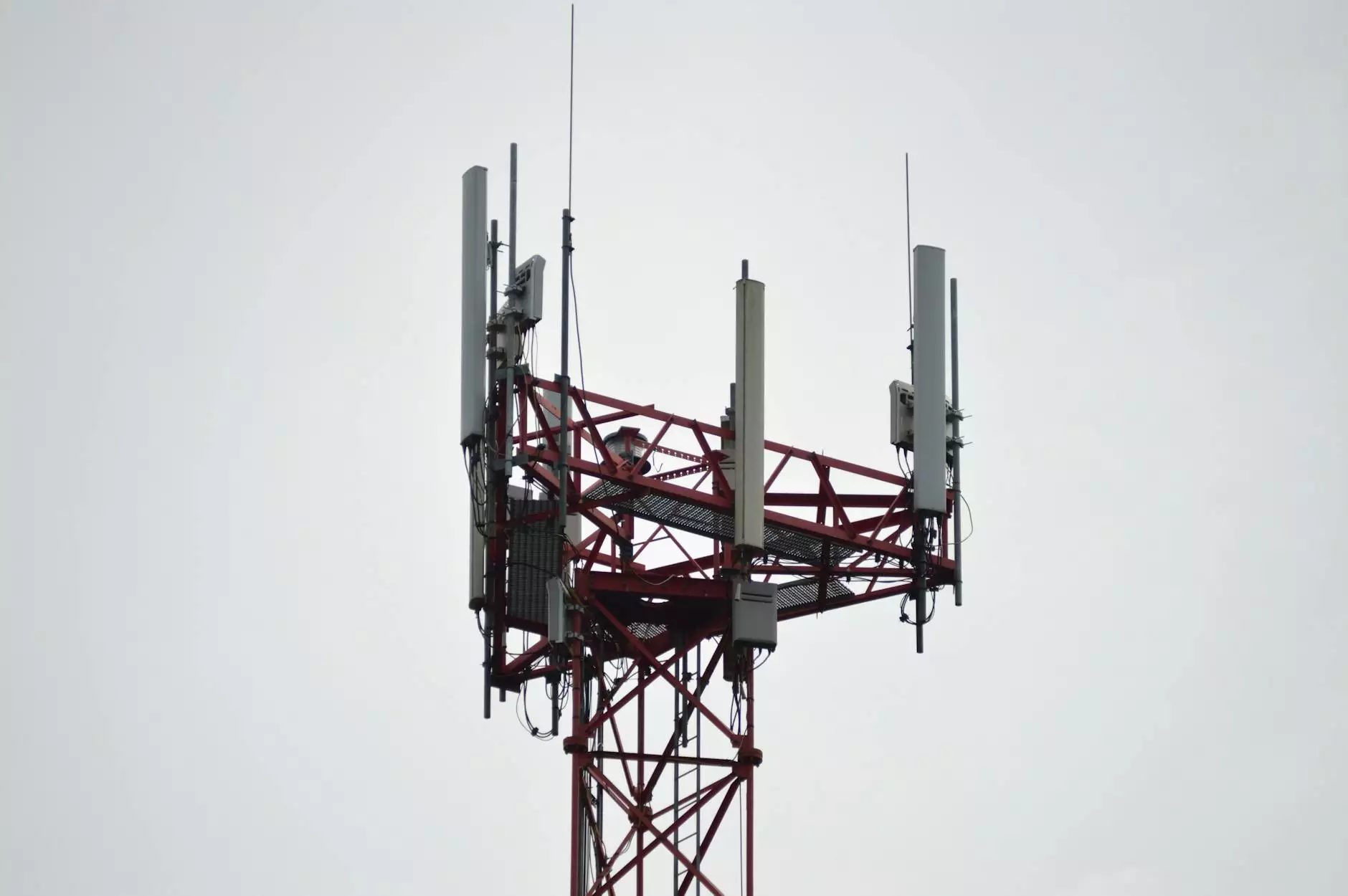Using a VPN on Android TV: Unlock Streaming Possibilities

If you're looking to enhance your streaming experience while ensuring your privacy, using a VPN on Android TV is the perfect solution. A Virtual Private Network (VPN) not only helps you maintain your security online but also allows you access to a wider range of content than you might typically see. In this comprehensive guide, we will explore how to effectively use a VPN on your Android TV, the benefits of doing so, and the best practices to ensure optimal performance.
What is a VPN and Why Use One with Android TV?
A VPN, or Virtual Private Network, creates a secure connection between your device and the internet. This service masks your IP address, allowing you to browse the web anonymously. When it comes to Android TV, using a VPN can significantly enhance your experience by:
- Unlocking Geo-Restricted Content: Access content that might not be available in your region. This means more shows, movies, and sports events at your fingertips.
- Enhanced Privacy and Security: Protect your online activities from prying eyes. A VPN encrypts your data, ensuring that your streaming habits remain private.
- Bypassing ISP Throttling: ISPs often slow down your internet speed based on your activity. A VPN can help avoid this throttling.
- Improving Streaming Performance: In some cases, a VPN can lead to better streaming speeds, especially when connecting to less congested servers.
How to Use a VPN on Android TV
Setting up a VPN on your Android TV is a straightforward process that can typically be completed in just a few steps. Below, we lay out a detailed guide to help you through the installation and configuration process.
Step 1: Choose a Reliable VPN Provider
The first step in using a VPN on Android TV is selecting a trustworthy VPN service. Here are some key factors to consider:
- Speed: Look for VPNs that offer high-speed connections to ensure smooth streaming.
- Server Locations: A wider range of servers in different countries allows you to access more content.
- Security Features: Ensure the VPN offers robust encryption and a no-logs policy.
- User Compatibility: Some VPNs have dedicated Android TV apps, making them easier to use.
One excellent choice is ZoogVPN, which aligns perfectly with the needs of Android TV users due to its fast speeds, reliable connections, and extensive server network.
Step 2: Install the VPN App on Your Android TV
Once you've selected a VPN, the next step is to install it on your Android TV:
- Access the Google Play Store: On your Android TV, navigate to the Google Play Store.
- Search for the VPN: Enter the name of your chosen VPN (e.g., ZoogVPN) in the search bar.
- Download and Install: Click on the app and select "Install" to download it to your device.
Step 3: Launch and Configure the VPN App
After installation, launch the VPN application:
- Log In: Enter your account credentials to log in to the app.
- Select a Server: Choose a server location that you wish to connect to. This is typically the country from which you want to access content.
- Connect to the VPN: Hit the "Connect" button to establish a secure connection.
Step 4: Start Streaming
With the VPN connected, you can now open your favorite streaming apps, such as Netflix, Hulu, or Amazon Prime Video, and enjoy access to a broader range of content. The VPN will effectively mask your IP address, allowing these services to provide you with content based on your chosen server's location.
Tips for Optimal VPN Performance on Android TV
To get the most out of your VPN experience on Android TV, consider the following tips:
- Choose the Right Server: Connecting to a server that is geographically closer to you generally results in faster speeds.
- Test Different Protocols: Some VPNs allow you to switch between protocols (like OpenVPN and IKEv2). Test these to find the best performance.
- Check for Leaks: Use DNS leak tests to ensure your VPN is secure and not exposing your actual IP address.
- Regularly Update Your VPN App: Always ensure that your VPN application is updated. Providers often release updates to improve performance and security.
Common Issues and Troubleshooting
When using a VPN on Android TV, you might run into some issues. Here’s how to address common problems:
1. Slow Streaming Speeds
If you experience slow speeds:
- Change the server location.
- Switch the VPN protocol.
- Disable any unnecessary features in the VPN app.
2. Unable to Access Certain Content
If you're having trouble accessing specific services:
- Try connecting to a different server.
- Clear the cache of the streaming app.
- Be aware that some streaming services have measures in place to detect and block VPN usage.
3. VPN Disconnection Issues
If your VPN keeps disconnecting:
- Check your internet connection.
- Try a different server.
- Contact the VPN’s customer support for assistance.
The Future of VPNs with Android TV
The demand for online privacy, coupled with the explosive growth of streaming services, is propelling the popularity of VPNs. As technology advances, we can expect VPNs to become even more integrated with smart TVs, providing seamless user experiences, improved speed, and unmatched security.
As streaming services continue to expand their libraries, the ability to use a VPN on Android TV will allow users to enjoy global content without borders, making it an invaluable tool for entertainment enthusiasts.
Conclusion
Utilizing a VPN on Android TV is not only a smart move for enhancing your streaming experience but also a significant step towards protecting your online privacy. By following the steps outlined in this guide, you can easily set up and optimize your VPN connection for a superior streaming experience. Choose a reliable provider like ZoogVPN, follow the setup steps, and enjoy limitless access to global content while keeping your personal information secure. With technology ever-evolving, the integration of VPN services in streaming devices will continue to offer you greater access and privacy. Start streaming smarter today!
use vpn on android tv








